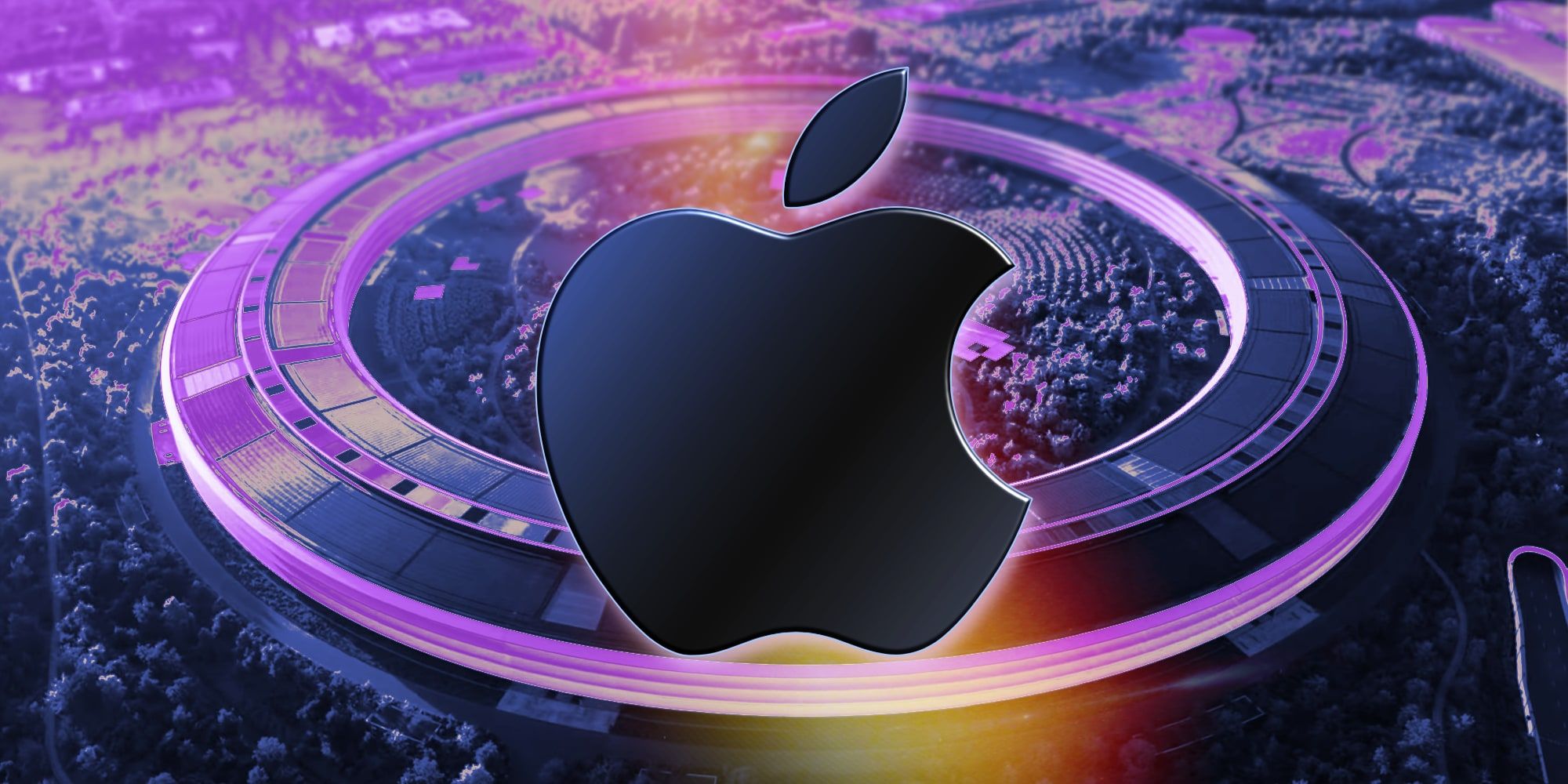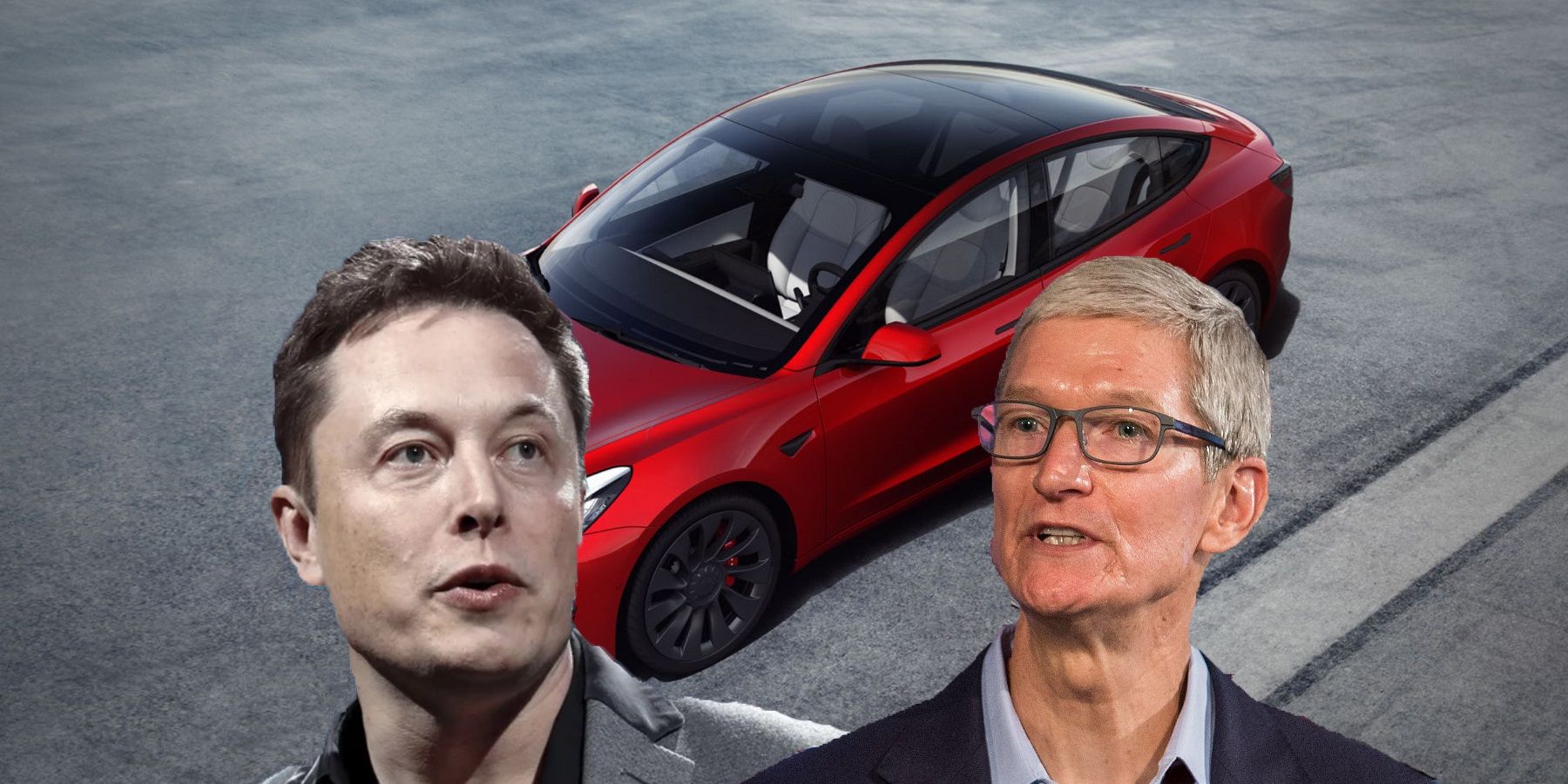Rumors have been circulating for some time that Apple is planning to make a vehicle with the Apple brand, providing a challenge to Tesla. Jokingly dubbed the iCar by many, those rumors grew into leaks as insiders revealed that this was in fact being researched. Now a recent report placed the potential release just a few years away. Making now a good time to reflect on Apple’s technology, brand, and whether it could actually become a threat to Tesla.
If Apple does make a vehicle, it won’t be the first 'Apple car' ever made. In 1917, W. A. Apple Motor Car Company of Dayton, Ohio built the Apple Eight, a four-door, eight-cylinder touring car that sold for $1,150, equivalent to around $25,000 today. This, of course, was a different company than the Cupertino, California-based Apple Inc that makes the iPhone. Apple’s research and development for a vehicle leaked in 2015, but Apple had no comment and still refuses to confirm, even after registering self-driving cars in 2018 with the California Department of Motor Vehicles. Leaks and rumors continue every year and it is beginning to seem unlikely that Apple would write off five years of research without releasing something for vehicles, beyond the iPhone’s CarPlay.
A recent Reuters report places the arrival of an Apple-branded vehicle as early as 2024, based on supposed insider information. An Apple Car would almost definitely be an electric car that, like Tesla’s vehicles, would be supported by over-the-air updates, touch screens, and mobile apps. In a way, Tesla made the car that Apple would have, if it had made electric vehicles. However, Tesla’s brand image is one of impulsive behavior, versus Apple’s solid reliability. For all of the love that is shown to Tesla, there are plenty of consumers and businesses that are eager for a strong and innovative competitor to challenge the company. Apple is no doubt among the most popular brands in the U.S. and a very powerful company. When it enters a market, it tends to dominate within a short period of time.
The Apple Watch is a perfect example, coming late to the party and yet, managing to get all of the attention. If Apple continues to pursue an electric car, it is likely to have some success. Whether this will be enough to challenge Tesla is unknown. Something clearly demonstrated, however, is that Apple does business as if it sees all of the pieces laid out on chessboard, thinking several moves ahead. There is a significant amount of crossover between advanced vehicles and mobile computer technology and Apple has closed that gap further in the last few years with CarPlay and LiDAR, perhaps planning in advance for the Apple Car to come?
Should Apple Make A Car?
An electric car is all about the battery and Apple has plenty of experience with advanced battery design. It also knows how to work with thermal design limitations and often innovates with outside the box battery and cooling system designs. Modern cars also rely on computers and that's clearly not a problem for Apple. Modern travel is moving toward autonomous vehicles, meaning the car has to drive itself, at least in part, to compete with Tesla and other brands are catching up. To drive safely, a car must have a vision system and many advanced solutions rely on LiDAR. Apple just dramatically increased the volume of low-cost LiDAR scanners being produced worldwide with the introduction of the 2020 iPad Pro and iPhone 12 Pro models.
This chess move would lower the prices of components while providing an opportunity to recover costs for LiDAR research and development. The Reuters article suggested Apple may use third-party sensors, but this would be after costs were driven down by Apple’s own volume usage in the iPhone and iPad. Whereas Waymo’s spinning LiDAR Scanner that mounts on top of a car is priced at $7,500, an Apple LiDAR scanner is a fraction of that cost. Naturally, it would require multiple scanners to get a 360-degree view, but even so, this technology is much less expensive.
However, the manufacturing and supply chain for vehicles is on a different scale. This point has been raised by many and the solution, of course, is to outsource. Apple does this with chips, cameras, displays, various other components, even assembly and packaging. Apple designs products, it doesn’t build them. Entering the vehicle market is not a simple thing, but apparently, Apple has been planning this for five years already and may take another three or more years before launching a car. When time and money are not a concern, which is the position Apple is currently in, the smart move is to plan well and execute brilliantly.
If and when an Apple Car is launched, it will make a big splash and will likely sell a large number initially, strictly based on brand strength. Whether it would challenge Tesla in the long-term would depend on how well it competes with the vehicles that will come in 2024 and whether it can out-design and out-engineer the current leader in vehicle innovation. Tesla is moving at a frantic pace and Apple's design won't be compared to the low-cost Model 3 or the luxury Model S of 2020. Tesla may keep those models rolling in 2024, but more likely the Model 3 will be replaced with something even better and at a lower cost while the Model S might continue to evolve as the most desirable luxury vehicle of the future. If this challenge ever comes, it will be an epic one with Apple and Tesla, two of the United States' most user-focused tech companies, going head to head to claim the title of most innovative and best electric car.
Source: Reuters


